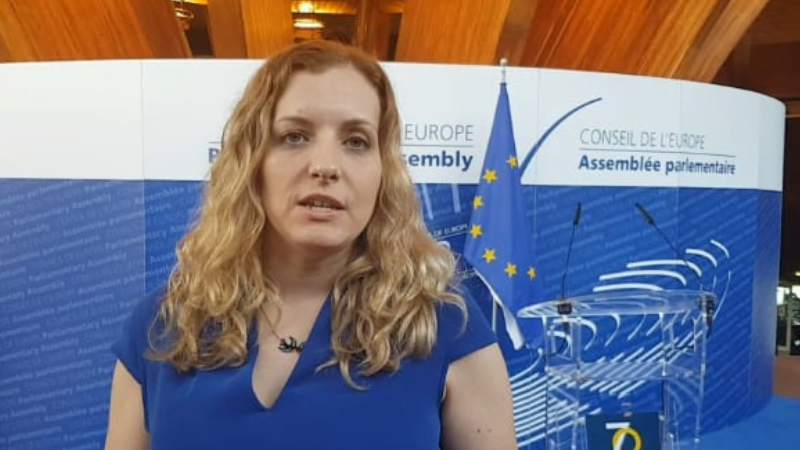Reporters Without Borders condemned Downing Street’s attempt to ban certain journalists from attending a press conference, saying these were “worrying steps” taken by Prime Minister Boris Johnson, as parallels were drawn with the situation in Malta when journalists were locked up at the Prime Minister’s Office.
A number of British political journalists walked out of a Downing Street press briefing en masse earlier this week after the prime minister’s director of communications tried to prevent journalists from The Independent, The Mirror, Huffington Post and others from covering the briefing, on grounds that they had not been specifically invited.
The rest of the journalists invited walked out in protest.
The incident highlighted a similar situation in Malta where former Prime Minister Joseph Muscat, and his key ministers including Konrad Mizzi, handpicking newsrooms to attend press conferences.
Last year, two separate rulings by the Commissioner for Standards in Public Life found Muscat in breach of ethics when he was selective in which media houses to invite for events.
Even worse, journalists from national and international media outlets were locked in a room at Castille in November following a six-hour emergency Cabinet meeting held in the early hours of the morning.
RSF said the attempt by Downing Street to ban select journalists from a press briefing “is the latest of a number of worrying steps” and called for an immediate reversal of “this alarming trend” before the UK follows the US further down the World Press Freedom Index.
Restrictions on journalists’ access and threats against public service media are nothing short of alarming, and are disturbingly reminiscent of early Trump administration moves in the US – practices that should be reversed, not replicated.
— Rebecca Vincent (@rebecca_vincent) February 3, 2020
“Restrictions on journalists’ access and threats against public service media are nothing short of alarming and are disturbingly reminiscent of early Trump administration moves in the US – practices that should be reversed, not replicated,” RSF UK Bureau Director Rebecca Vincent said
British political journalists also recently highlighted the change in location of daily press briefings from Parliament to Downing Street as many feared that this measure could be used to impose restrictions on which media were permitted access.
A letter, signed by every UK national newspaper editor, pointed out that it would “create barriers to covering democracy and impede the work of a free press”.
The move also followed another controversial decision by the British government to record and release the Prime Minister’s Brexit Day address on 31 January directly to video rather than allowing broadcast media to film it, according to standard practice. Broadcasters who then declined to air the pre-recorded speech were accused of bias.
These are situations regularly encountered in Malta, Occupy Justice pointed out.
Sounds familiar? https://t.co/x09cfvFFgs
— #occupyjustice 🍃 (@occupyjusticema) February 3, 2020
Malta’s newsrooms are still struggling to be informed of government events unless they register with the government’s Department of Information, despite changes to the law hailed by Muscat’s administration to counter a steady drop in press freedom rankings.












